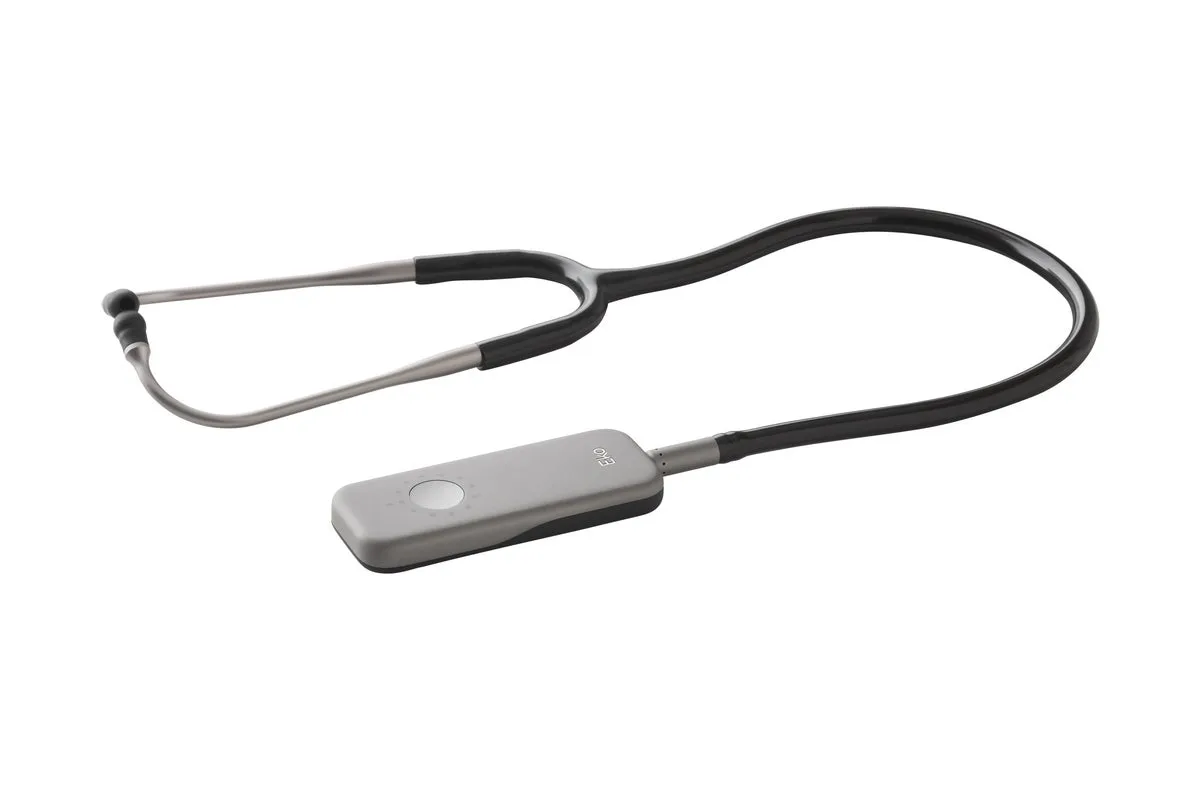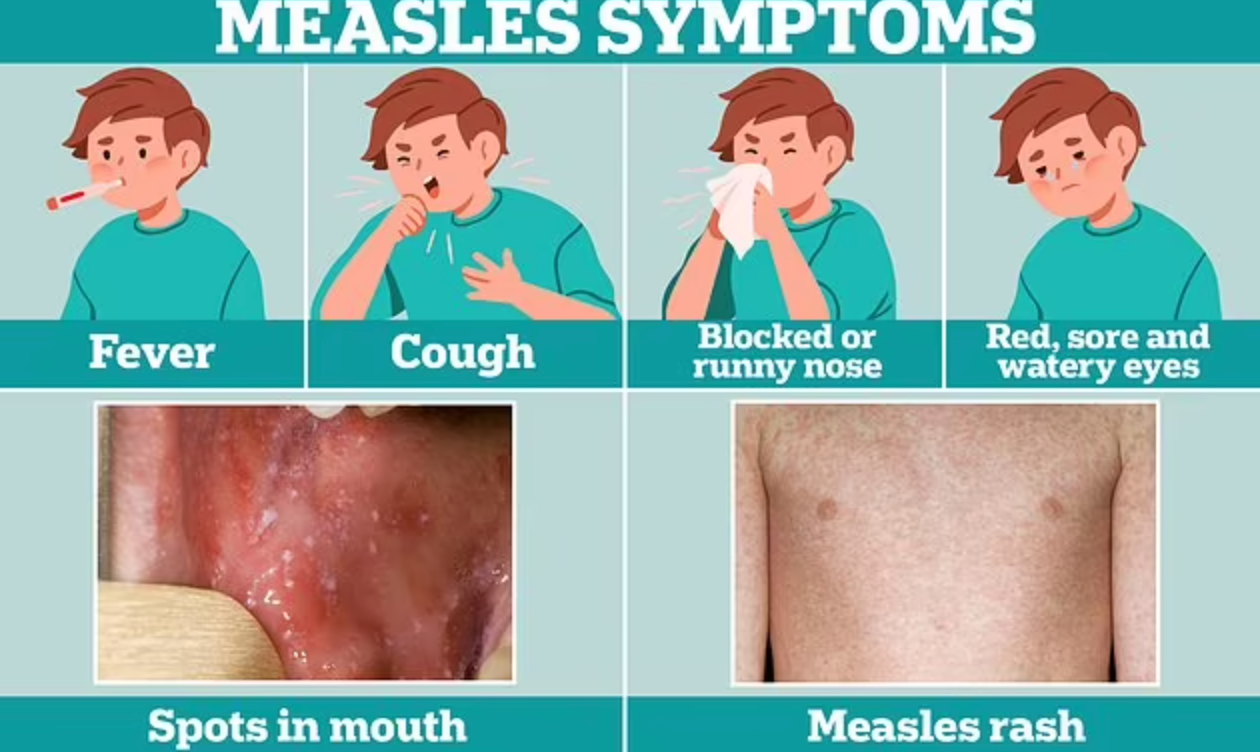It seems like just one of the many vitamins, yet the role of Vitamin D is fundamental for psycho-physical well-being. That’s when it is necessary to intervene

Fundamental for psychophysical well-being, vitamin D plays a very important role in our health. It is a fat-soluble and oily vitamin. It is normally produced by skin cells thanks to exposure to sunlight: it is, therefore, essential to expose yourself to the sun every day. In some cases, however, certain situations we experience prevent our body from producing the right amount of it.
If a minimal deficiency cannot lead to major damage, in reality, the body can send us specific signals of need. Here’s what they are and how to recognize them.
Vitamin D deficiency: here are the symptoms
Vitamin D is necessary for multiple functions of the human body . In the first place it serves for the absorption of calcium in the intestine, as well as to maintain normal levels of phosphorus and calcium in the blood. Vitamin D is also able to strengthen bones by depositing calcium in the bone tissue. For these reasons it is essential that its concentration in our body is at a sufficient level.
Vitamin D is produced mainly through exposure of the body to sunlight . However, it can also be integrated with food. In particular, the foods to be preferred in case of deficiency are bluefish, dairy products , eggs and fatty meats. There are some signals that our body can send us due to vitamin D deficiency: if we learn to recognize them, we will know when it will be necessary to intervene.
The first sensation caused by vitamin D deficiency is chronic fatigue, felt as a constant sense of debilitation. Related to this there is also weakness and predisposition to infections: vitamin D is in fact able to contribute to the functioning of the immune system, so as to fight viral and bacterial infections. Another sign of a possible deficiency of this micronutrient is a pain in the bones and back, another indication of weakness and fatigue.
Depression and mood swings can also mark a vitamin D deficiency: this is in fact linked to the modulation of serotonin levels, the so-called “good mood” hormone. Other signs are related to the body and to wound healing which, if excessively slow, can signal a deficiency of this vitamin, as well as bone weakness which can lead to osteoporosis. Low vitamin D can also be the basis of hair loss: here is another sign.
In short, our body can have multiple consequences of the lack of this important micro-nutrient. We learn to recognize them and to go to the doctor if we feel that something is wrong: a little effort in daily exposure to the sun may be enough to feel better.




